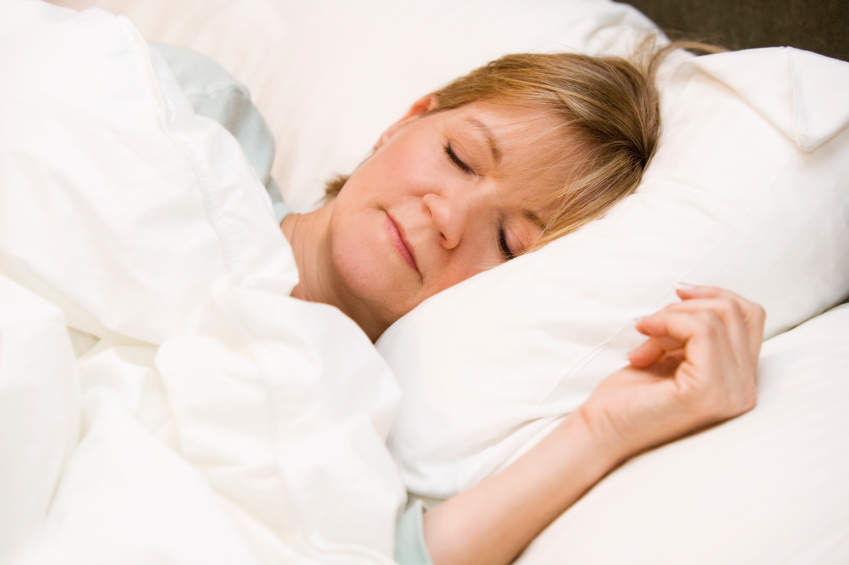Today, if you ask someone how they’re doing, it’s common for them to respond, “I’m tired.” Tired has become our new normal – but that doesn’t mean it’s healthy for us.
A recent poll done by the National Sleep Foundation found that 95% of Americans use some kind of technology an hour before they go to bed.
And it makes sense. After a long day, curling up in your bed to watch reruns of Arrested Development on Netflix seems like the perfect escape.
However, your sweet escape might be doing more harm than good.
Research has found that gazing at a brightly lit screen disrupts the body’s natural sleep cycle. Artificial light, especially those in blue and green hues, suppress the sleep hormone melatonin, which promps your body to feel more awake than it actually is.
Loss of sleep will not only make you feel groggy or unsatisfied in the morning, but also poses major health risks. Lack of sleep has been linked to obesity, heart disease, strokes and depression.
If you must use your computer right before bed, here’s a great tool for reducing your exposure to artificial light:
- f.lux – This download (available for your computer or phone) changes the color of your display depending on what time of day it is. Computer lights are designed to look like the sun. This is great during the day, but at 9pm at night this harsh light is wiring our brains to stay up later then we should. Tell f.lux where you live and what kind of lighting you have and it will automatically match your lighting to the environment you’re in. At night, your computer’s light will perfectly match the lighting inside your home. Come morning, it will glow brightly with the light of the sun again. It’s not an automatic fix to your sleeping problems but it’s a jump start to help give your eyes the rest they need (free, Mac OS X, Windows, Linux, and iPhone/iPad).
SEE ALSO: The Self-Tracking Movement – Quantifying Sleep
In addition to f.lux, here are several personal tips you can try to help better manage your screen time before bed.
-
Make your bed a laptop/tablet-free zone – try to keep your nighttime internet surfing to the family room or kitchen, and encourage your significant other to do the same.
-
Put your smartphone in “Do Not Disturb” mode (or on silent) during your sleeping hours – you can even flip your phone with the screen facing down on your dresser so you’re not distracted by flashing lights and notifications.
-
Change your routine – if possible, get your online chores and activities (paying bills, ordering groceries, checking emails, planning vacations) out of the way in the morning, or designate a block of time during the weekend to get it all done, so you don’t have to do it late into the night.
Sleep is something that we quite frequently overlook, but it plays an important role in maintaining a healthy lifestyle. So give that old adage “You can sleep when you’re dead” a rest….and go get some sleep!












Leave A Comment
You must be logged in to post a comment.